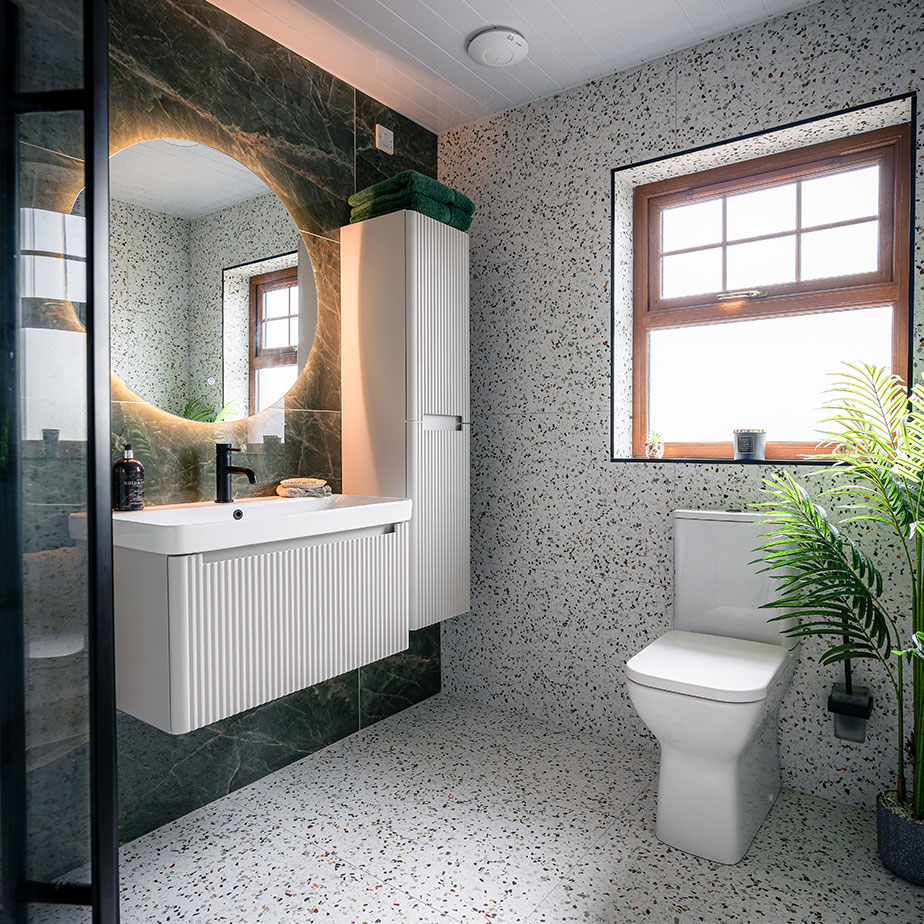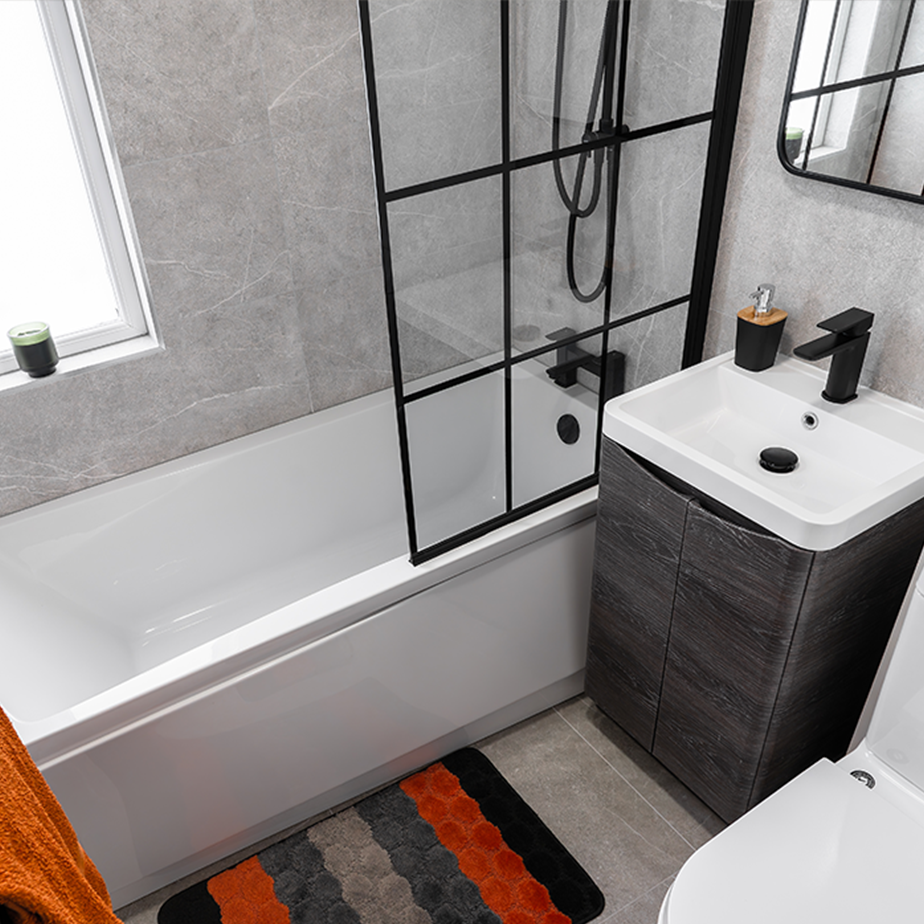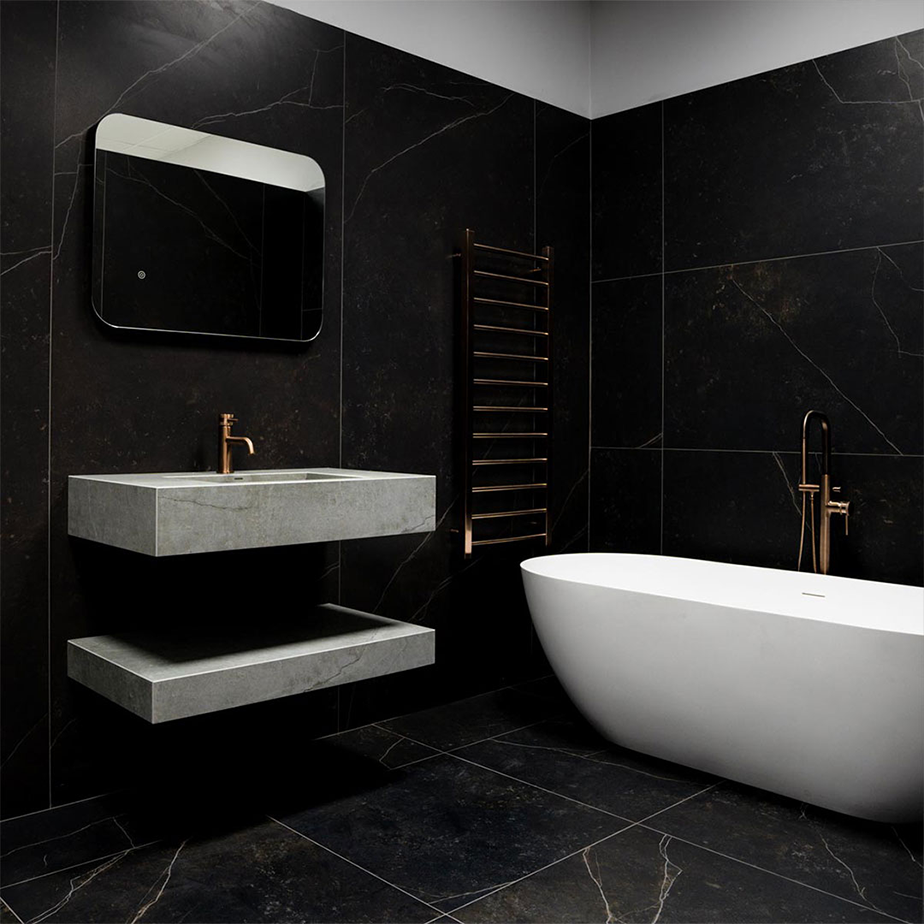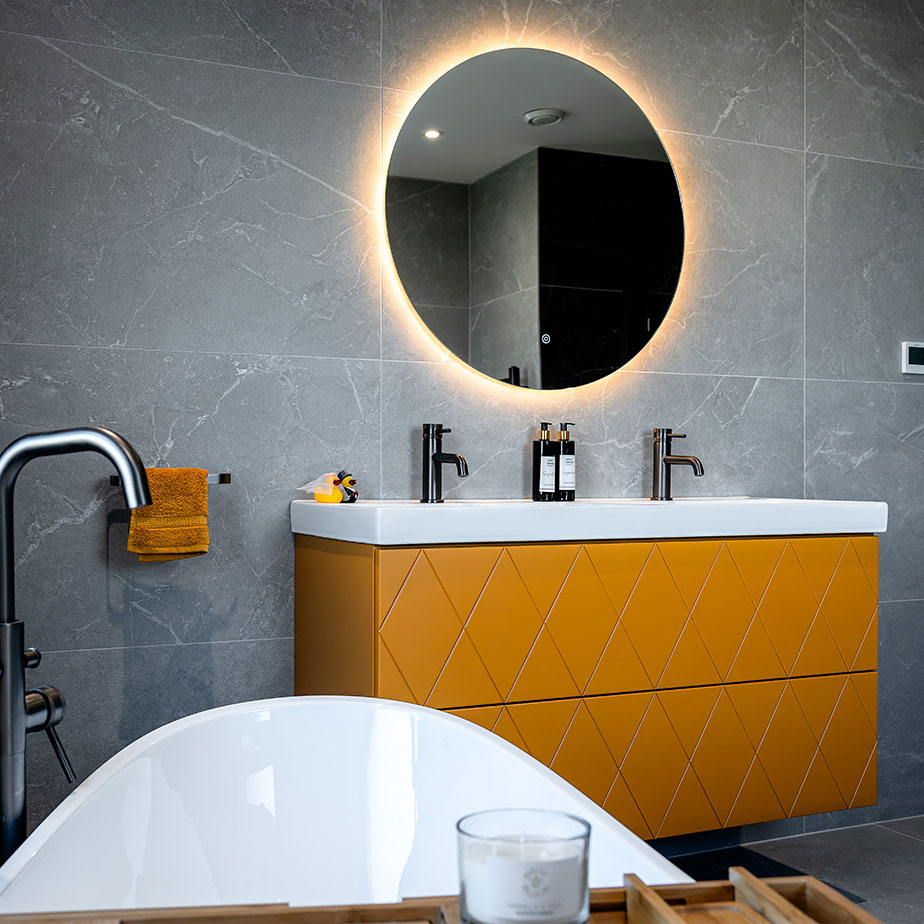How To Save Energy At Home - Autumn And Winter 2019
Autumn is here and it means the cold temperatures will soon follow. Unfortunately, it also suggests that energy bills will increase for lots of homeowners. As temps drop, it's tempting to turn up the thermostat to stay nice and cosy at home.
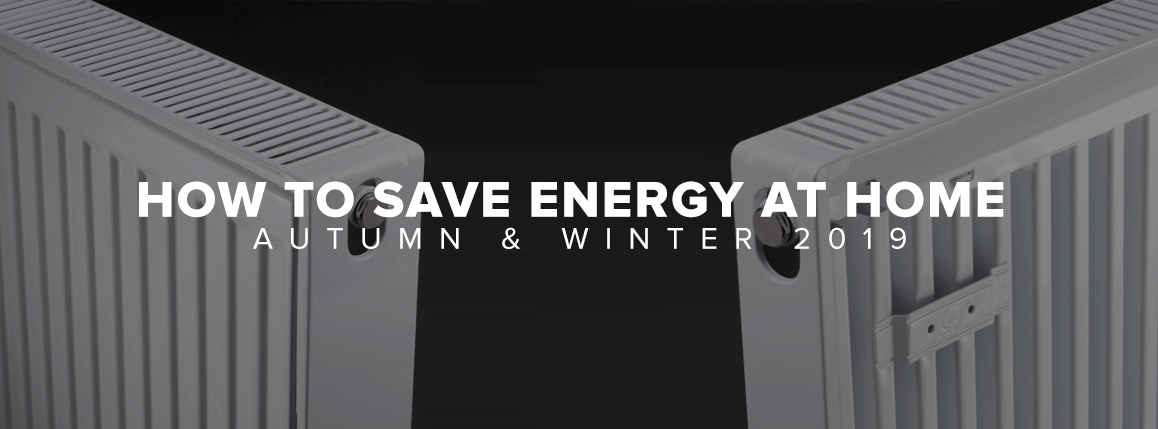
Autumn is here and it means the cold temperatures will soon follow. Unfortunately, it also suggests that energy bills will increase for lots of homeowners. As temps drop, it's tempting to turn up the thermostat to stay nice and cosy at home.
In this post, we'll detail a selection of the best strategies for saving energy at home and cutting your bills in the process. Continue reading to find out more.
What's The Prime Temperature For Energy Efficiency?
According to research, properties are at their most efficient energy-wise when the thermostat is set between 18 and 21°C. If you like your house toastier, be aware that it may cost you as much as 2% extra with regards to your energy bill. This is because every 1°C over the prime range increases your usage by as much as 10%.
What Should You Keep Your Heat On During The Winter?
Anywhere between 18°C to 21°C is fine, but 18°C is the optimal temperature. It's the average temp of homes throughout the UK and could cut your energy usage by 30%. Concerning your energy budget, it equates to a saving of 6% overall.
When Should You Turn The Heat On?
You shouldn't turn the heat off at all during the winter. Why? It's because a boiler needs to use lots of power to get radiators warm. Powering it up every time will lead to higher usage of gas and electric, costing you more throughout the autumn and winter. Also, the water in the pipes can freeze and cause them to burst, so it's best to leave the heat on at a low setting during off-peak times and turn them up if you feel chilly.
Our range of radiators can help, especially our heated towel rails as they circulate air more freely at low temperatures, maintaining a steady heat.
So, How Can I Save Energy At Home In Winter?
It depends on which methods you want to try because there are plenty of them at your disposal! Below you'll find a mix of the most useful tips that focus on everything from practical hacks to maintaining your boiler and lowering your water costs.
Practical
Change the window dressing - autumn and wintertime aren't always dark and bleak. Although the sun sets earlier and the temperature is lower on average, there is still some light and you need to exploit it when possible. Swapping blinds for curtains, for example, will let the UV rays fill the room and boost the temperature. If you prefer curtains, make sure they're fully open and drawn back during the day, but close them at night to trap the hot air.
Swap your lightbulbs - changing to CFLs or LED bulbs is an excellent option for saving money. The reasons are twofold. Firstly, they use less energy compared to old-school bulbs. Secondly, they last longer. That means you will cut costs over a longer time and not have to fork out for expensive energy bills when you buy our LED bulbs.
Layer-up - don't reach for the thermostat just yet! Instead, head to your wardrobe and throw on an extra jumper and long trousers. Adding more layers, such as thick socks and a hoodie, will trap your body heat in and make you feel warmer without the need to burn fossil fuels.
Heating Systems
Change air filters - a boiler is constantly working to keep your home warm. Although you can't see under the hood, it's creating dust and dirt and dirtying its internal mechanisms. Air filters suffer the most as they can't cool a boiler properly when they're covered in grime. As a result, your furnace has to work twice as hard to do its usual job. Swapping the filters, or cleaning them regularly, will negate this and offer savings of up to 5%.
Insulate the roofs - heat rises, which means it's going to hit the ceilings in every room in your house. If they aren't well insulated, the hot air will find a way out and the temp of the house as a whole will drop. Installing insulation will stop the air in its tracks. Heating your floors can help, too, as your body will conduct the cold in the tiles. Rugs are an inexpensive option, as are our underfloor heating mats for small rooms where radiators won't fit.
Buy a new boiler - old boilers are inefficient and burn more energy than necessary. Installing a new one will, according to the Energy Savings Trust, will save you £200 per year in gas expenses alone. For those who can't afford a new unit right now, an inspection will point out the leaks and help you plug them.
Water Usage
Use an energy-efficient setting - modern boilers come with energy-saving settings, so take advantage of them and save money. Pressing the option on your thermostat should lower the water temp to around 50°C, which is a pleasant heat.
Fix the leaks - leaks in the system mean you use twice as much hot water when you turn on the taps. Whether there's a shower, sink or pipe leak, it needs dealing with as soon as possible.
Short showers over baths - a snappy shower uses less hot water than a bathtub that's full to the brim. Also, turn off taps when you're washing your hands or washing the dishes to conserve H2O.
What About A Fire?
A fire is a fantastic way to cut energy bills if you have one already installed. They're hard to regulate, but the heat is from natural resources that are free in some circumstances. Anyone who doesn't have should consider the expenses included before installing one. You may spend as little as £400 or as much as £2,000 depending on the fireplace and labour costs.
How Can You Work Out Your Power Needs?
Understanding your power needs allows you to stay within your means and not overspend. The good news is that we have a BTU calculator that is perfect for figuring out your energy needs.
Summary
Whether it's wearing more layers, insulating your home, or changing your routine, there are plenty of ways to cut your energy usage. The key is to use a BTU calculator first.
